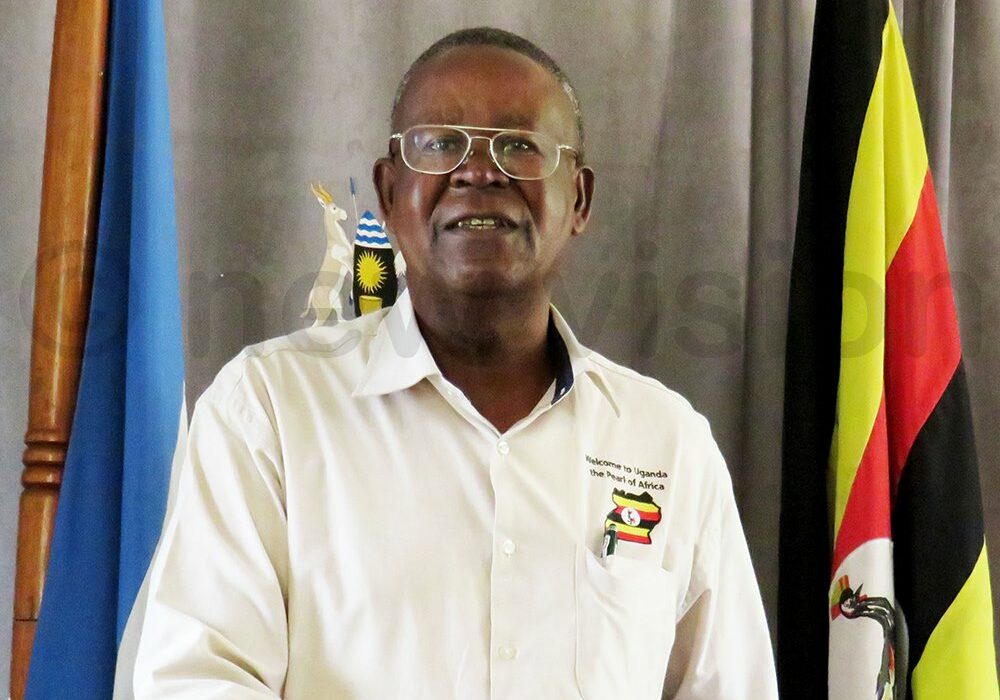This article was first published on the New Vision website on May 4, 2023
By Maria Wamala
The Senior Presidential Adviser on Economic Affairs, Ephraim Kamuntu, has commended the National Curriculum Development Centre (NCDC) for re-conceptualising the curriculum saying the move will fix the outdated colonial education system that only served the interests of colonialists.
Kamuntu said that the exercise will go a long way in creating a more productive and globally competitive human resource in the ever-changing job market.
“We must produce people with skills that can deal with the changing environment. Uganda is still faced with high unemployment and under-employment of the young people,” he said, adding that this is due to a mismatch between what is taught in educational institutions and what is demanded in the job market.
“Every time you go to Entebbe, only to see young people under externalisation of labour, going to unknown places seeking jobs. It is not because there are no jobs in this land. It is simply because the skills they have do not match the demands of the job market. This is not brain drain. It is almost modern slavery,” Kamuntu said.
He said that as NCDC celebrates 50 years, the education think-tank will need to carry out research, and hold dialogues to ensure that such challenges in education are solved.
Among the key recommendations to re-conceptualise the curriculum is teaching in the English language where some researchers in education indicated that teaching exclusively in English cuts off those who have not mastered the language, yet many nations have developed teaching in their local languages. They said that learners understand better in their mother tongue.
Kamuntu expressed worry about teaching only in the mother tongue in the 21st century.
“I have a son who is a Munyakole, married to a Yurona in Nigeria staying in Buganda. At the back of my mind, I am wondering which language my grandchildren will speak as their mother tongue because they speak English at home. I am in a dilemma,” Kamuntu remarked, adding that such complexities need to be addressed.
He made the remarks at the closure of the first international curriculum development conference organised by NCDC at Speke Resort Munyonyo, as one of the activities to celebrate their 50 years of existence.
He commended the international curriculum development work and the research done, saying this will help redirect Uganda in her education transformation agenda.
“At independence, Uganda inherited an education system that served the interests of the colonial regime. The education system focused on producing clerks and copy typists, law artisans, and factory workers,” he recalled.
Kamuntu added that the system did not produce independent thinkers nor did it produce innovators.
“Uganda has since then been facing a huge challenge of bringing out new forms of education to develop the talents of our people, especially in science, technology and innovation and entrepreneurship, and the latest global educational requirements in a competitive environment. This is a challenge we have faced since independence,” he said.
“We now need independent thinkers, technologist scientists and innovators, entrepreneurs, people who meet global educational requirements and are competitive because you either compete or you perish,” he added.
“It’s now time for Africa for Uganda to re-conceptualise the nature of education that is relevant for the social economic transformation of our country. We must transform our country from being predominantly peasant to being a modern, industrialised and prosperous state. This is only possible if the relevant curriculum is developed and implemented,” Kamuntu remarked.









Leave feedback about this